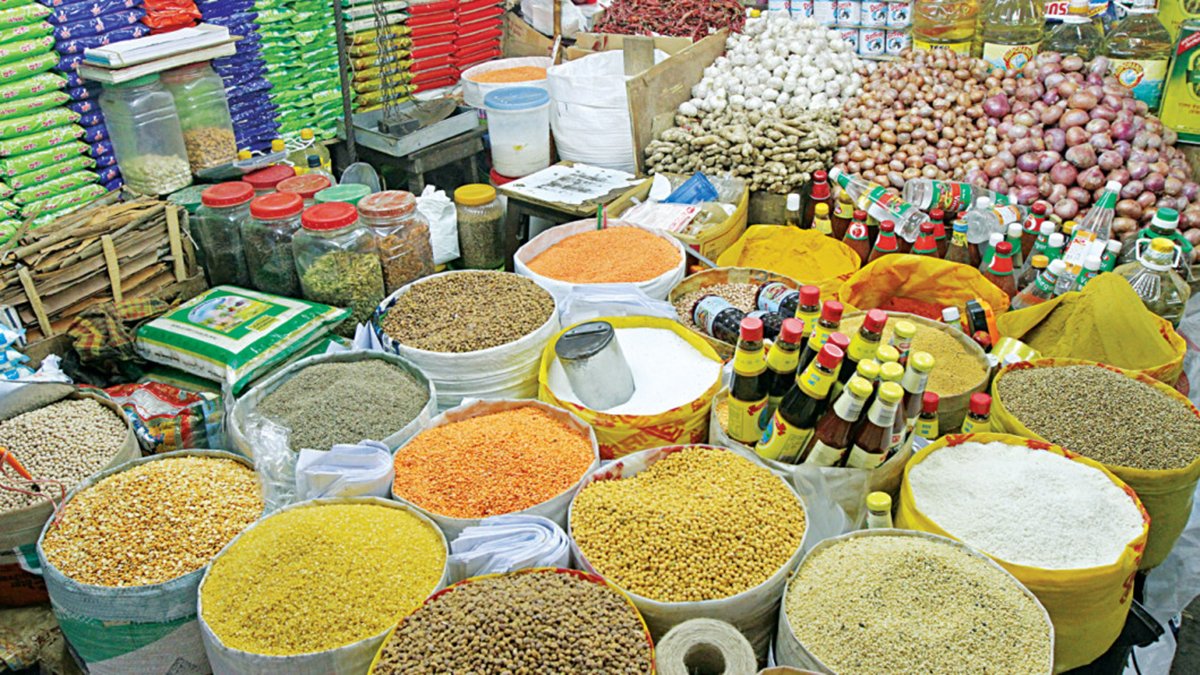Bangladeshi households are facing the most severe pressure from rising living costs in nine years after a fresh rise in inflation in June, fuelled by record prices for food and commodities.
The inflation hit 7.56 percent last month despite government measures to keep prices of goods down amid a global hike due to the Russia-Ukraine war.
General inflation in June was up from 5.64 percent a year ago, and from 7.42 percent in May, according to data released by Bangladesh Bureau of Statistics on Tuesday. In July 2013, inflation rose to 7.85 percent.
Prices of food and other commodities have been rising on the international market for the last four months as the Ukraine-Russia war dealt a heavy blow to the global economy, which was still recovering from the pandemic-era sluggishness.
The government targeted to keep inflation rate within 5.30 percent in FY22 and prevent a price spiral as the economy claws its way out of a pandemic-induced slump after it had failed to meet the target of 5 percent in FY21. In the last eight months of the financial year that ended on Jun 30, however, general inflation was more than 6 percent.
In this situation, low-income families are struggling to buy food and other commodities. In June, food inflation rose to 8.37 percent from 8.3 percent a month ago. Non-food inflation was 6.33 percent, up from 6.08 percent in May.
Bangladeshis living in the rural areas had to bear the brunt of inflation more than those in the urban areas in June, as the general inflation rate in the countryside rose to 8.09 percent from 7.94 percent a month ago. The general inflation rate in urban areas rose to 6.62 percent from 6.49 percent, according to the national statistical agency.
























